
Written by:Felix Vasquez Jr.
THE UNPOPULAR OPINION is an ongoing column featuring different takes on films that either the writer HATED, but that the majority of film fans LOVED, or that the writer LOVED, but that most others LOATHED. We’re hoping this column will promote constructive and geek fueled discussion. Enjoy!
In early 2003 folks who went to the theaters were given their very first glimpse at the new HULK movie. It was a short trailer and one that didn’t give away the appearance of the hulk to an all consuming mass of movie goers looking for a sneak peek. But in mid 2003, Marvel Entertainment and Universal, in a hasty move, decided to release an unfinished sneak peak at the Ang Lee helmed HULK and surely enough a look at the barely special effects matched with some hasty editing managed to sully what was once a steam train of hype and anticipation for fans everywhere.
The annoying ballyhoo surrounding the controversial trailer inevitably effected what is one of the most misunderstood and entertaining comic book films of all time, an intelligent psychological breakdown of Bruce Banner whose entire life as Bruce and the Hulk hinges on his id and the monster that looms in him after a childhood involving murder, repressed rage, and abuse all culminated by years of chemical experimentation. Ang Lee’s HULK suffers for not being the typical comic book representation, especially in a world that was so forgiving to THE INCREDIBLE HULK.

It’s an experimental adult look at a typically child-like cartoon hero whose entire purpose is summed up through two words: Hulk Smash. With Ang Lee’s ability to depict the action genre through atmospheric tones that are much more subversive it was only a given he would take what was always a juvenile and facile bit of pop culture entertainment and turn it on its head as an examination of familial discord that contributes to the beginning of the hulk and with a few imbued corrosions within his genetic material marks the definition of the hulk not only as a monster of science in a Mary Shelly twist, but also something Cronenbergian whose dark facilities become his ultimate powers when combating the likes of genetically fueled monsters from his father’s own lack of sanctity of the home and the animals surrounding it, hence the mutated poodles.
HULK is too unfairly judged and argued against from comic book fans who wanted to see a green monster smash furniture and war tanks and didn’t really want to get to know him. And when they’re not arguing against the deep complexity of the film wanting for a more superficial blockbuster film, they’re just used to trotting out the same old clichés like mutant super poodles, and the absurdity of a director who took to the motion capture personally to put on film what he viewed as the incredible hulk he felt no one else could muster up for audiences.

It is a masterpiece of modern superhero cinema and one that sadly fell through the cracks primarily for its use of Freudian storytelling and the implementation of the Asian style of storytelling that Lee was so used to while combining the pop culture surrealism audiences were so used to, keeping them in their comfort zone with wonky editing and transitions that kept HULK a living and breathing comic book from minute one. And the gimmick is quite effective in sucking audiences in bringing them closer to the action as lovers of the medium should have appreciated much of what Lee went for. This effect becomes so much more amazing when concerning key fates of principle characters including Bruce’s own confrontation with gamma rays and Josh Lucas’s snarling mustache twirling villain Talbot.
As for the performances Eric Bana is without a doubt the quintessential Bruce Banner who possesses a lanky humility and crushed sensibility needed for this role that puts him in to the eyes and ears of the movie going audience whose own temperament is less a result of hypersensitivity and more repressed rage from a life that’s succeeded in neutering his own sense of manhood, thanks to a faulty role model. When he does become the hulk, it’s a collective amalgamation of his unconscious desires and emotions coming to play and less Edward Norton’s hammy depiction where he turned the Hulk in to more of an anti-hero for the purposes of the blooming AVENGERS movie.

Nick Nolte is also mad as Banner’s dad, a Frankenstein monster in his own right who has embraced his rage and insanity and becomes the Absorbing man, while Jennifer Connelly is in her usual brilliance as Betty Ross, the vivacious and dreamy love in Bruce’s life. She went further under-appreciated when replaced by Liv Tyler in a role essentially watered down in “The Incredible Hulk” who went from a supporting character to a reactionary prop clear and simple. It’s a shame audiences can’t embrace what was clearly a film intended for the audience Lee assumed he was pandering to: An arbiter of science fiction that would grow to love what the incredible hulk was as both a monster and a product of trauma and pain.
THE HULK is a film that even Ang Lee himself admitted was something of a failure, but in a world where most of our superhero movies were given to us in droves suited best for the PG-13 crowds who wanted to escape domestic turmoil and enter in to a form of escapism, a reboot was only inevitable. Plus with the ability to link it to the AVENGERS universe, a reboot had to happen, it’s just a shame HULK was driven in to a ground by folks who enjoyed their superhero cinema more routine and monotonous and less unique and adult. HULK is that gem that deserves more respect by a more appreciative movie going audience of the artistic sensibility.


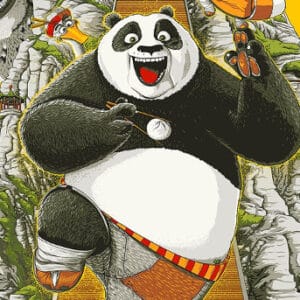
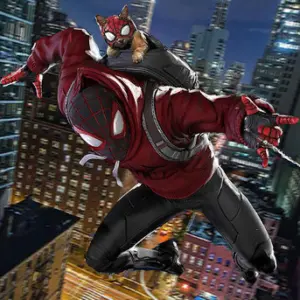
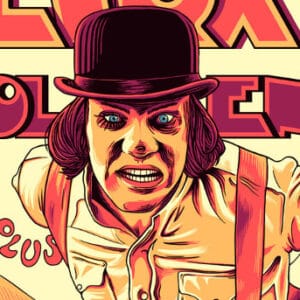
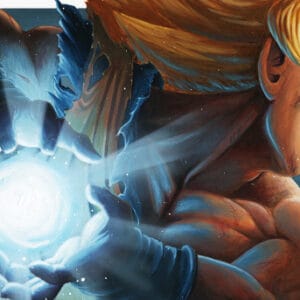
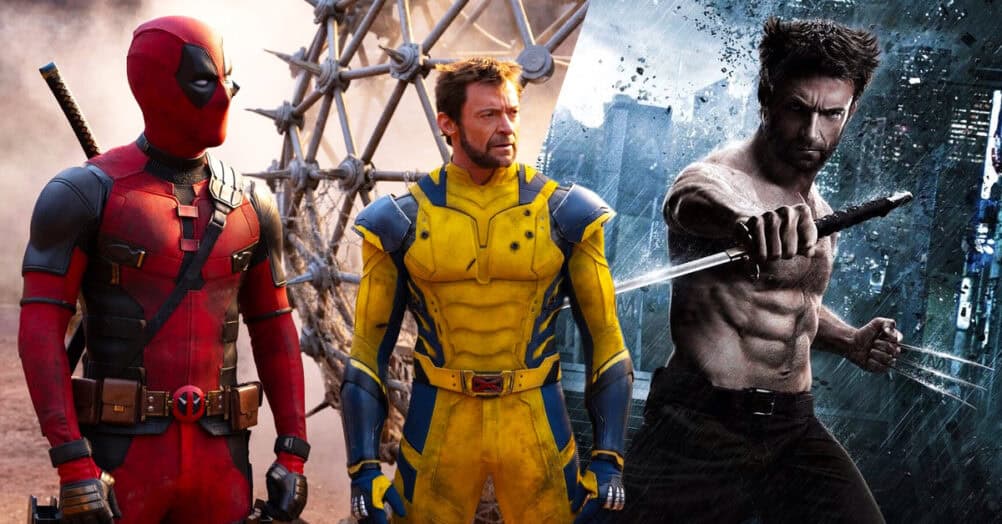
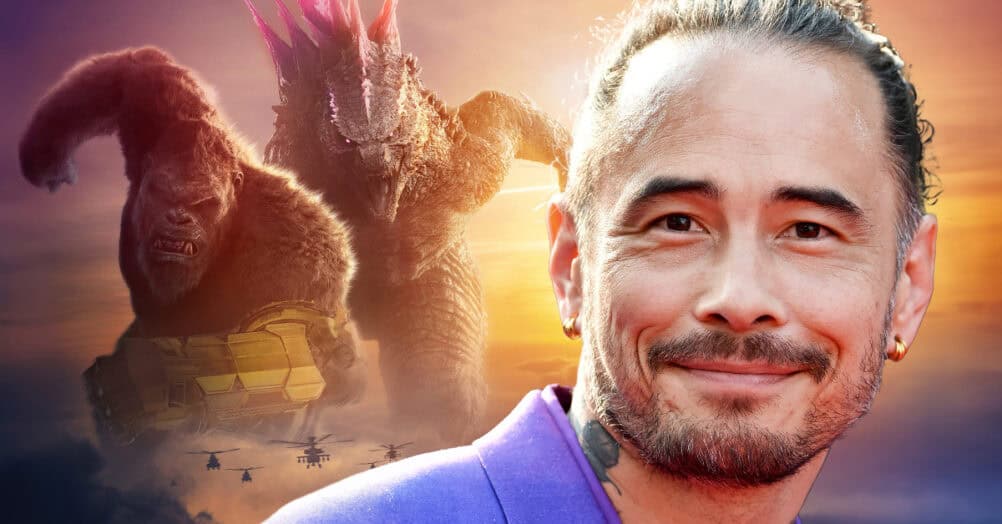
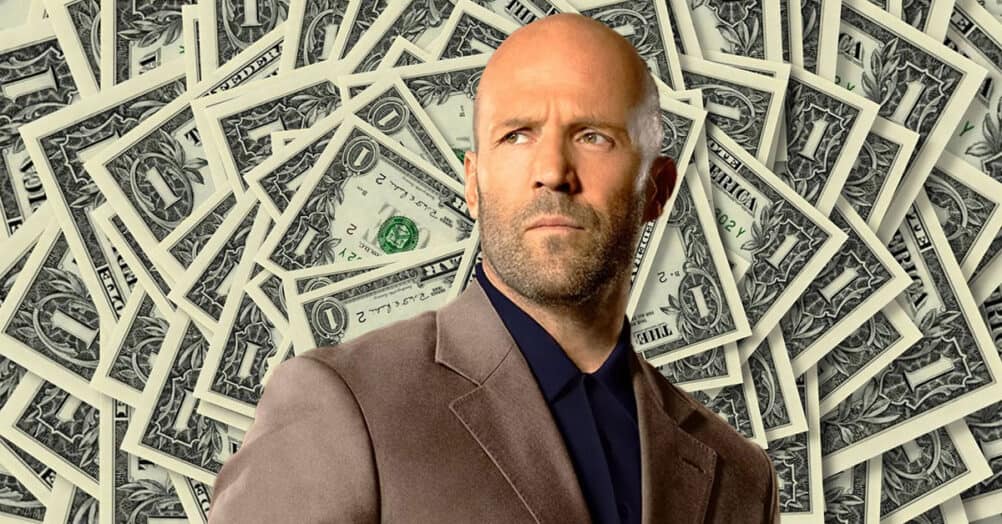
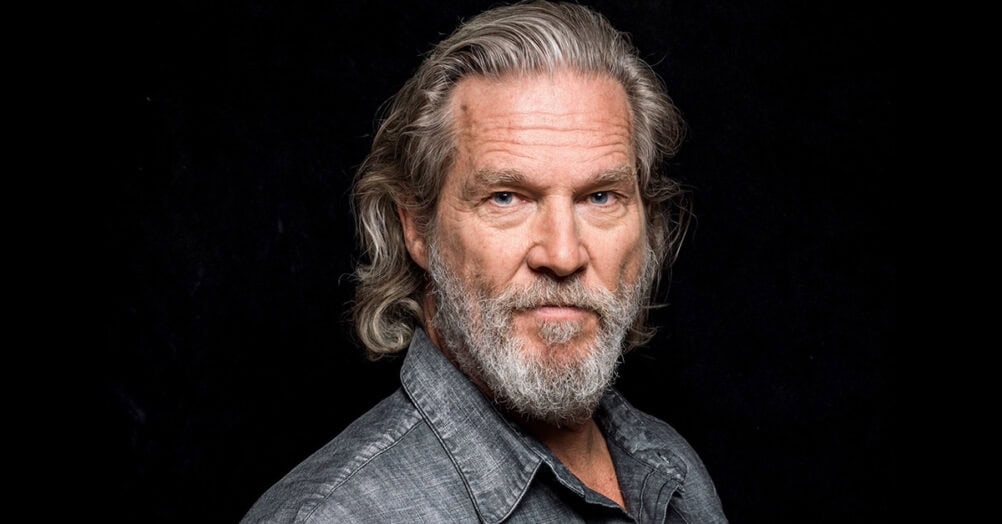

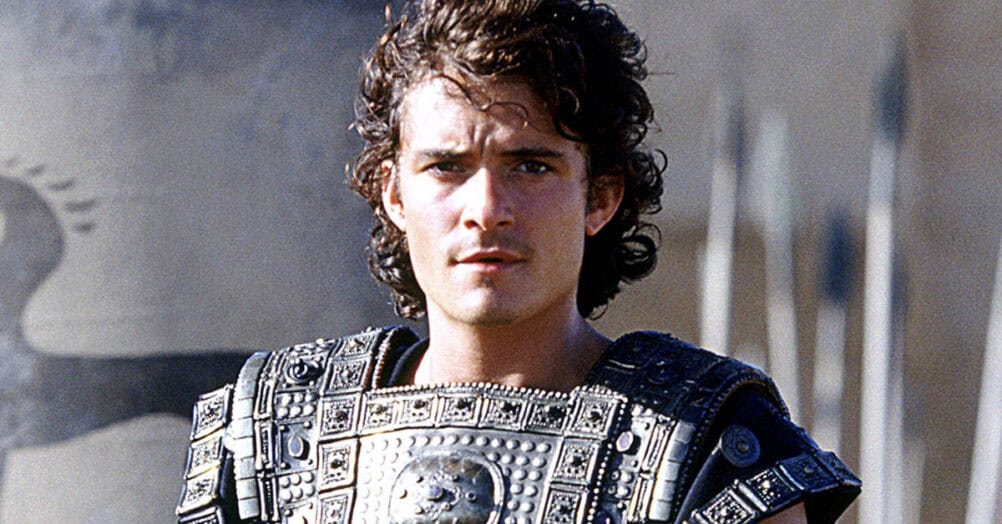

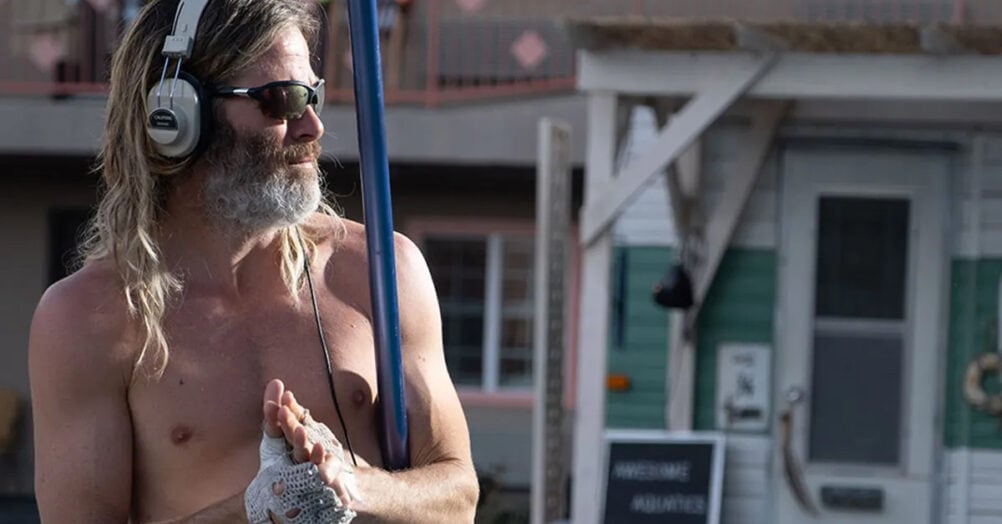
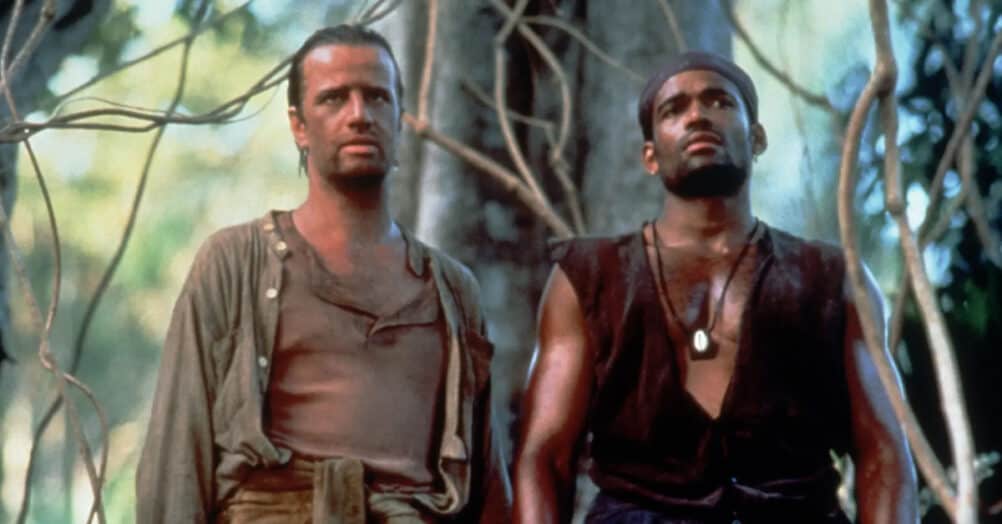
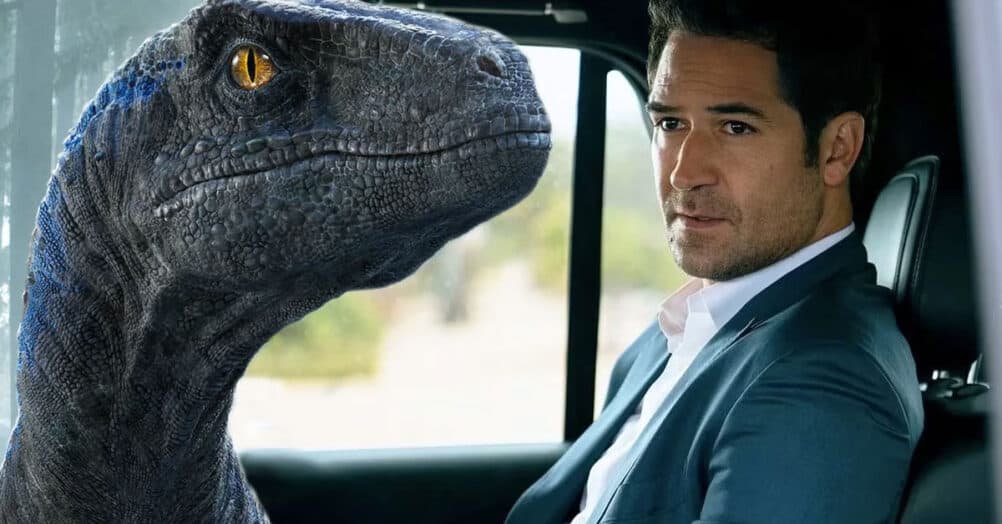
Follow the JOBLO MOVIE NETWORK
Follow us on YOUTUBE
Follow ARROW IN THE HEAD
Follow AITH on YOUTUBE